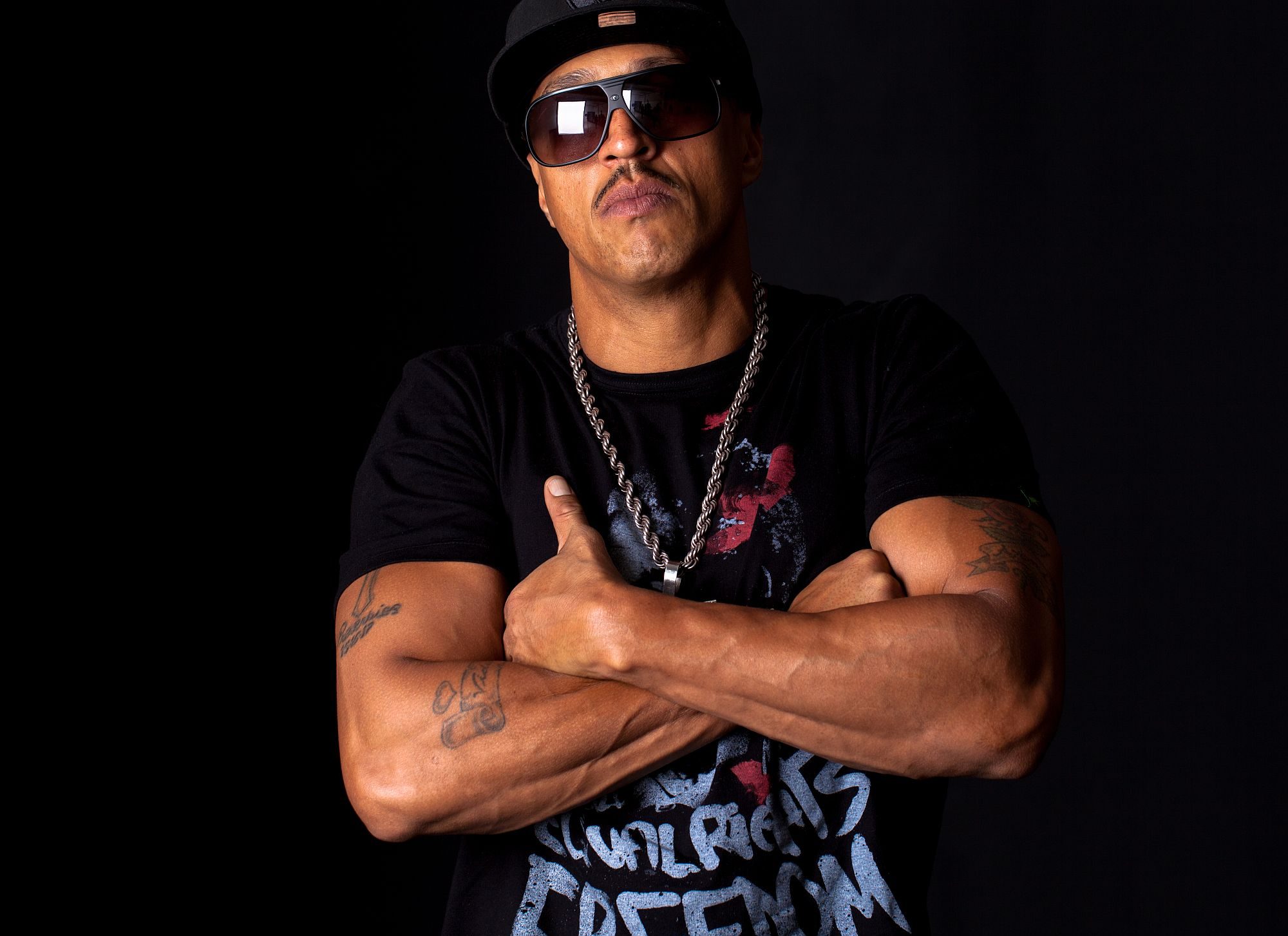Mano Brown, co-founder of legendary underground Brazilian hip-hop collective Racionais MCs, has lamented the growing absence of political and social consciousness among fans during the group’s 30-year anniversary.
“There’s nothing to celebrate… only mourning,” he said, adding that when the group emerged they “struggled to exercise their freedom of speech, occupy spaces that were denied us.
“Thirty years later and some of our fans have become conservatives. Nowadays, many of them are right-wing. Our ideas don’t have the same effect.”
The rapper went on to say he’s “Not against gays, not against punk, not against Candomblé, as some old fans of the band now claim to be,” according to a report in Revista Forum.
Speaking in the southern state of Rio Grande do Sul, where he took part in the 23rd Atlântida Planeta music festival, Brown said ideas expressed by Racionais MCs in the early 1990s would be “rejected” today.
“The mentality of periphery neighborhoods has changed,” he said, in the wake of former Brazilian presidents Luiz Inácio Lula da Silva and Dilma Rousseff.
“It’s impossible to disassociate Racionais MCs from politics and where is the country politically now? The periphery has turned to the right. Rap has turned to the conservative right.
“The type of rap music produced back in the day has become moralistic religious rap, which doesn’t tap into the revolution that needs to happen now.”
Brown – along with fellow rappers Ice Blue, Edi Rock and DJ KL Jay – formed the Racionais MCs in 1988. The collective, all of whom hailed from Capão Redondo, a periphery neighborhood on São Paulo’s south side, referred to themselves as “the four most dangerous black men in Brazil.”
Emicida Rebukes Right Movement
Emicida, another popular rapper in Brazil, responded furiously to being called a “hypocrite” by members of the right-wing Free Brazil Movement for donning a suit valued at roughly US$ 4,500 to help promote a fashion event.
The performing artist’s response came as swift as one of his freestyle lyrical musings, stating that, unlike MBL, responsible for organizing demonstrations against former Brazilian President Dilma Rousseff and whose funding is derived from “dubious sources,” he, “like others from periphery neighborhoods,” must continue to “work hard.”
MBL’s argument was posted in a tweet, stating that the problem with the rapper wearing such a pricey suit boils down to a simple comparison, that is, the bulk of his public discourse and activism in favor of “socialism for all” and improvement of historically deprived communities and peoples.
In a series of messages posted on his official Twitter account, Emicida noted that “today’s didactic lesson” is that if those “who aren’t offended (or at least are offended, but do nothing) when they see black people living in abject poverty, at least have the decency to keep your mouth shut when they see those wearing a US$ 4,500 suit.”
Born to a poor family in a periphery neighborhood in São Paulo, Emicida’s childhood dream was to grow up to be a storyteller. Hence, he wrote and designed his own comics as a youth.
Along the way, he became absorbed by Brazil’s vibrant, underground rap scene, epitomized by the legendary group, Racionais MCs, who, not only gave narrative to periphery neighborhoods but was a reflection of it.
Emicida took his storytelling prowess to the world of rap and never looked back. Alongside his success, he co-founded an independent recording studio, Ghost Laboratory, and a clothing line called Ghost Lab.
His latest album, “About Children, Games, Nightmares and Homework,” was inspired by journeys to Cape Verde and Angola. “Africa is a metaphor in Brazilian rap. You’ll find numerous references to the continent. We always looked to the continent.”
teleSUR

